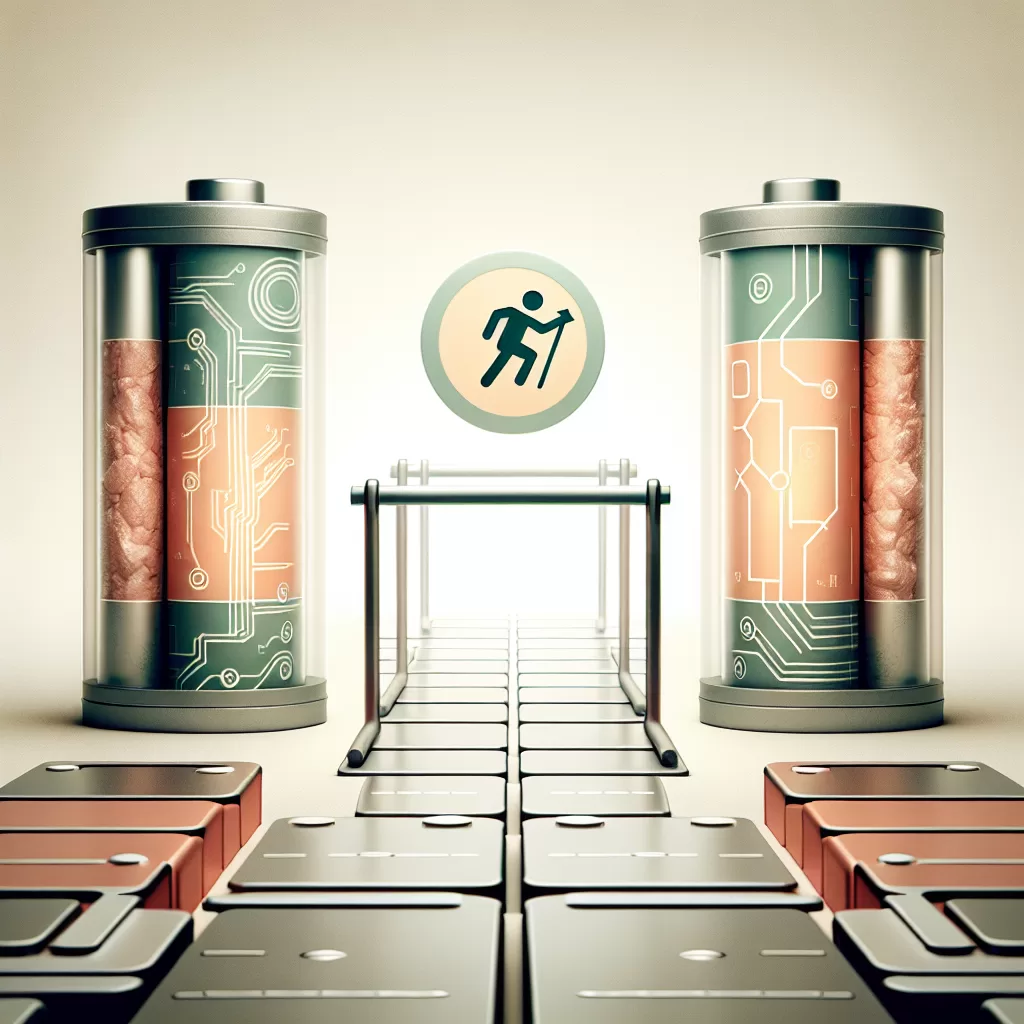Sodium-ion Batteries Face Hurdles in Lithium Rivalry
Uphill Battle for Sodium-ion Batteries
A recent study published in the journal ACS Energy Letters highlights the challenges sodium-ion batteries must overcome to compete with the dominant lithium-ion technology, which commands a staggering $50 billion annual market and continues to grow. The research team, led by scientists from the Massachusetts Institute of Technology (MIT), conducted a comprehensive analysis to assess the potential of sodium-ion batteries.
Key Findings and Implications
According to the study’s findings, sodium-ion batteries currently lag behind lithium-ion batteries in several critical aspects, including energy density and cycle life. “Our analysis suggests that significant breakthroughs are still needed for sodium-ion batteries to compete with lithium-ion technology,” explained Jeremiah A. Johnson, a postdoctoral researcher at MIT and the lead author of the study.
The researchers highlighted that while sodium is more abundant and cheaper than lithium, the lower energy density of sodium-ion batteries poses a significant challenge for widespread adoption in applications like electric vehicles, where range and battery life are crucial factors.
Environmental Considerations
Beyond the technical hurdles, the study also underscored the importance of considering the environmental impact of battery production. “While sodium resources are more abundant, the mining and processing of sodium-based materials can have significant environmental consequences,” cautioned Betar M. Gallant, a co-author of the study and an assistant professor of mechanical engineering at MIT.
As the global transition towards sustainable energy solutions accelerates, the development of cost-effective and environmentally friendly battery technologies remains a critical priority. Policymakers and industry leaders must prioritize investments in research and innovation to address the limitations of current battery technologies and pave the way for a more sustainable future.

